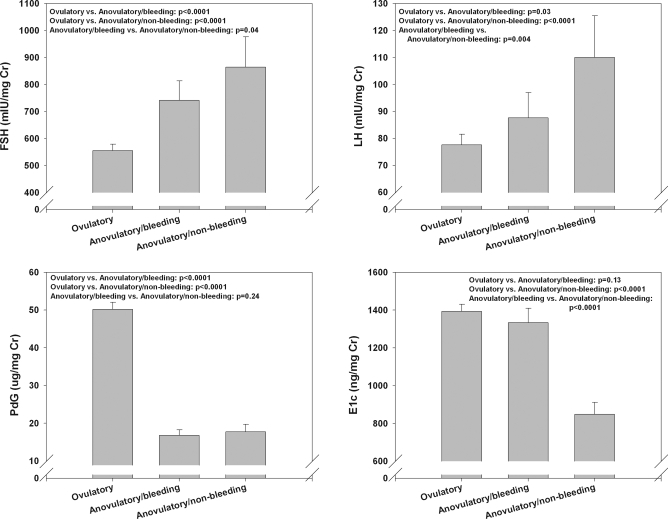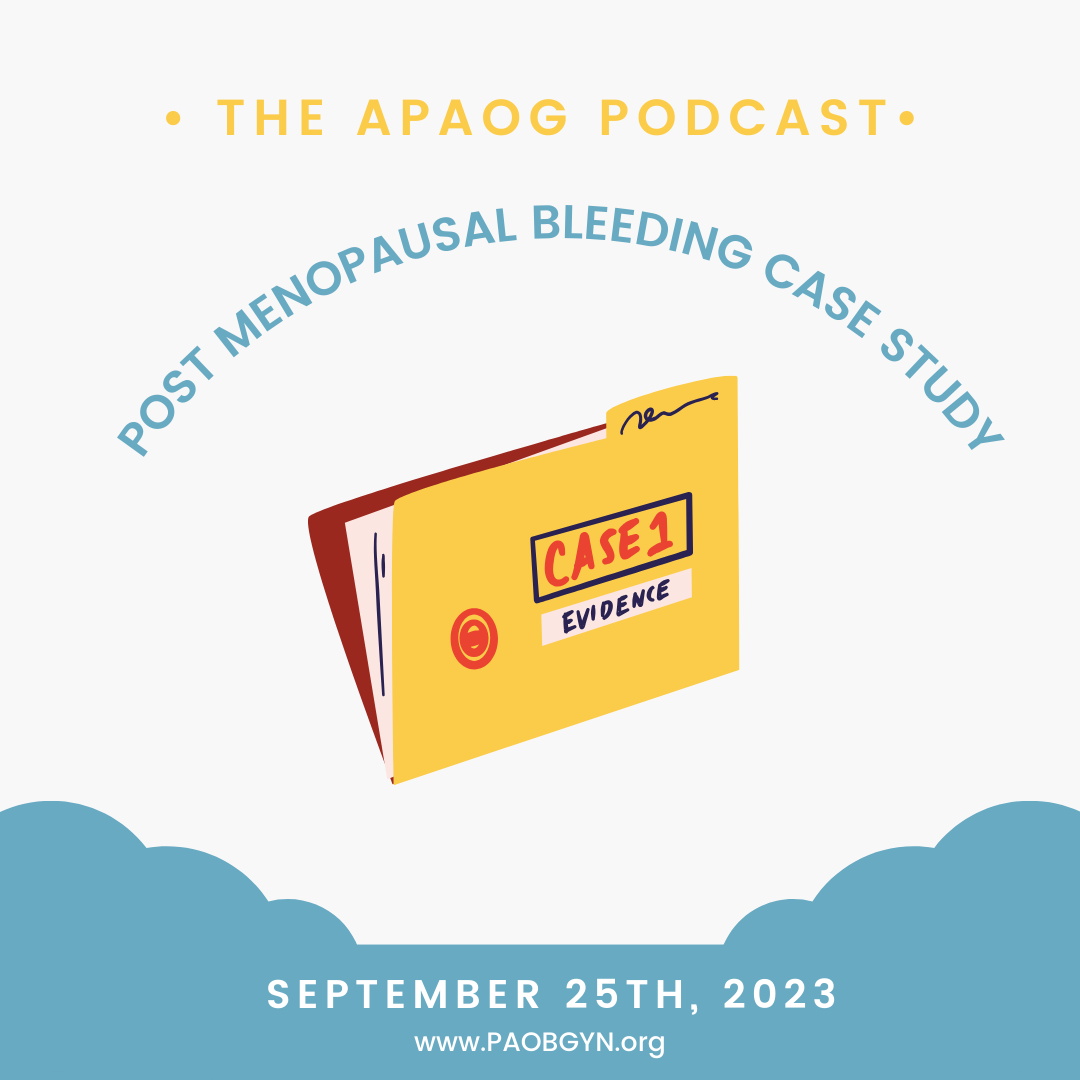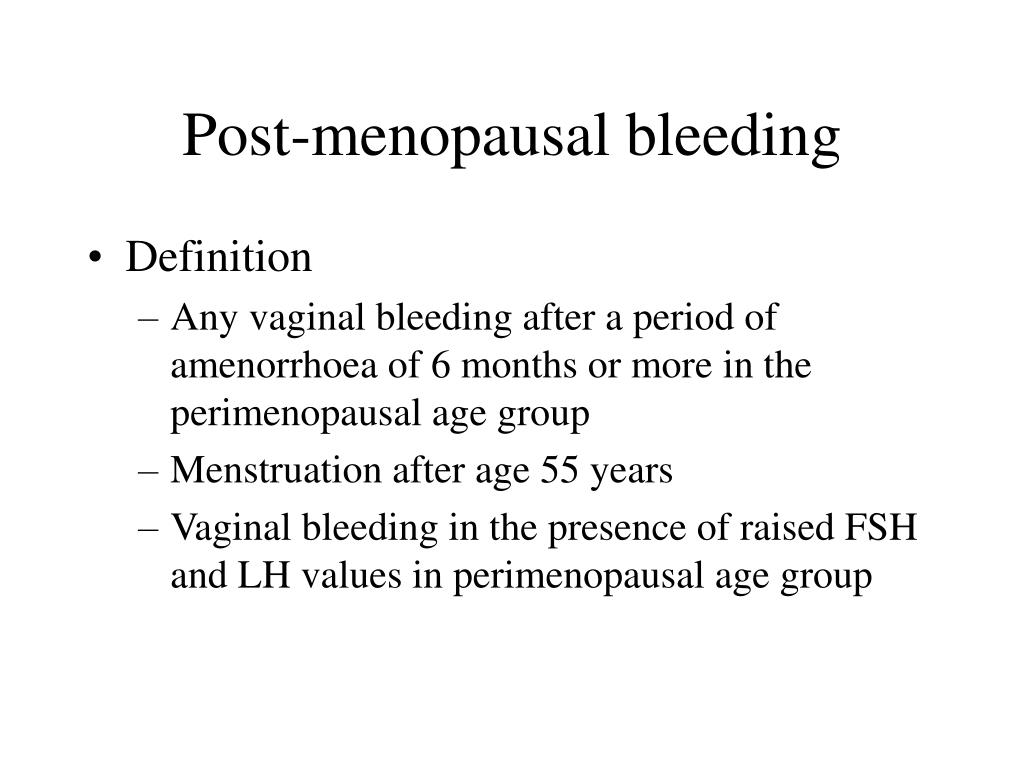
The menopausal transition marks a time of great variability in reproductive hormones, and this variability can be responsible for specific symptoms, such as hot flashes and mood disturbances. Once a woman who is more than 45 years old has gone for 12 months without a menstrual period, she is considered to be menopausal and has consistently low circulating estradiol and elevated gonadotropins. Estrogen is the most efficacious therapy for bothersome vasomotor symptoms. Although estrogen exerts clear-cut protective effects on the cardiovascular system in premenopausal women, medical evidence does not support its use for the prevention of cardiovascular disease. Estrogen is generally not a first line agent for bone preservation in women without concurrent menopausal symptoms, despite its antiresorptive effects. Non-hormonal alternatives to estrogen and new, tissue specific estrogen complexes (TSECs) are now FDA approved and available for clinical use to treat common menopausal symptoms. For complete coverage of this and all related areas of Endocrinology, please visit our FREE on-line web-textbook, www.endotext.org.

Menopause, PDF, Hormone Replacement Therapy (Menopause)

Immunology and Osteoporosis: A New Frontier in Treatment

Menopause: Paul Beck, MD, FACOG, FACS, PDF, Menopause

Clinical Problems Caused by Obesity - Endotext - NCBI Bookshelf

PDF) Duodenal microbiome changes in postmenopausal women: Effects of hormone therapy and implications for cardiovascular risk

Postmenopausal Syndrome: Pronob K. Dalal, Manu Agarwal, PDF, Menopause

Figure, Ultrasound of Postmenopausal patient with] - StatPearls - NCBI Bookshelf

Menopause - StatPearls - NCBI Bookshelf, PDF, Luteinizing Hormone

The Pathophysiology of Amenorrhea, PDF, Luteinizing Hormone







